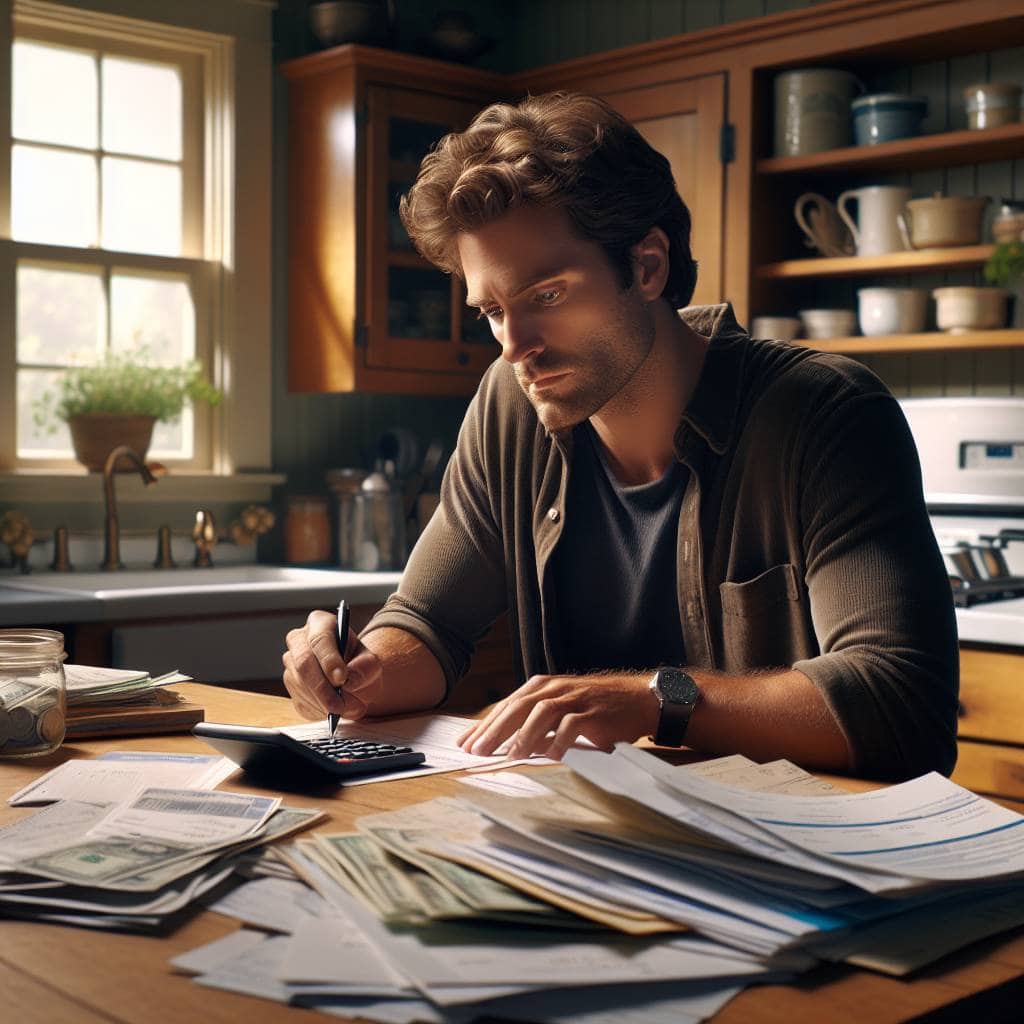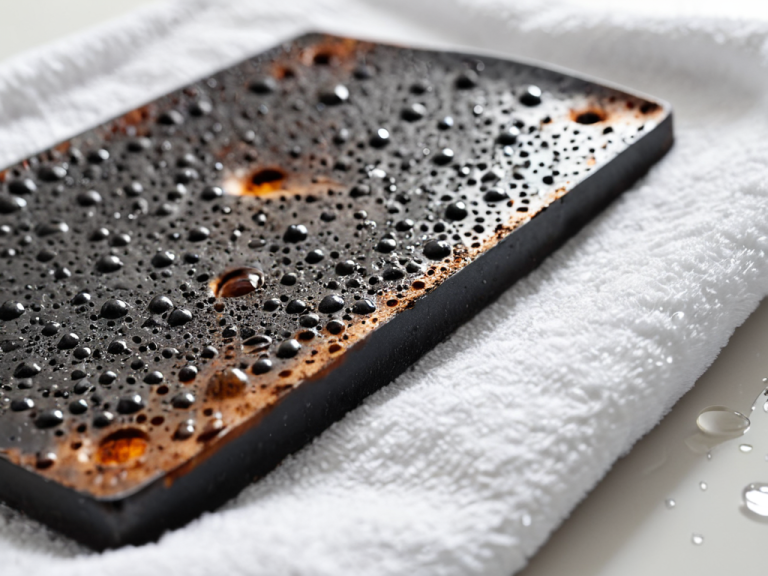I once thought an emergency fund was something only the hyper-organized, color-coded-budget types worried about. You know, the ones who have a separate savings account for every little thing, including “Unforeseen Catastrophes.” Me? I figured I could wing it. Then my car decided to break down on a rainy Tuesday morning, and I found myself cursing my past self while staring at a repair bill longer than a grocery list after a week-long vacation. That’s when it hit me—life doesn’t care about your plans or your paycheck cycle. It strikes when it’s most inconvenient, and suddenly, not having some cash stashed away becomes a glaring oversight.

So, what’s next? In this article, I’m going to lay it out plainly for you. I’ll break down why having an emergency fund is as crucial as knowing how to swim when you’re sailing solo. We’ll go through the nuts and bolts—how much to save, where to keep it, and the real reasons why it’s not just a good idea but a necessity. No fluff, no filler. Just the straight-up facts you need to keep those financial emergencies from turning your life upside down.
Table of Contents
Why I Decided That My Mattress Isn’t a Bank: The Quest for Financial Security
When I was younger, I thought my mattress was as good a bank as any. Stuff a few bills under there, and voilà—instant security, right? Wrong. The truth hit me like a rogue wave when my car decided to impersonate a steam engine on the freeway. I realized then that my haphazard savings strategy was about as reliable as a sandcastle in high tide. Keeping your cash within arm’s reach might feel comforting, but it’s not doing you any favors when life demands a swift financial counterpunch.
An emergency fund is your real-life financial panic room. You need a place to go when everything else is falling apart. Experts suggest saving three to six months of expenses, but let’s be real—start with what you can. The key is to build gradually. Where should you keep this fund? Not under your mattress, that’s for sure. Consider a high-yield savings account. It’s accessible enough for emergencies but far enough removed from your everyday spending temptations. Think of it as your financial lifeboat, always ready, but not crowding your living room.
In the end, the quest for financial security is about more than just stashing cash. It’s about creating a buffer between you and life’s inevitable chaos. My mattress may have given me a false sense of security, but it taught me an invaluable lesson: Real security comes from planning and discipline, not wishful thinking. So, take the plunge—start with a small amount, and watch it grow. Your future self will thank you when the next financial storm rolls in.
When Life Throws Punches
An emergency fund isn’t just your financial safety net—it’s your lifeboat in a sea of chaos. Aim to stash away three to six months of expenses in a boring, easy-to-access account. Your wallet will thank you when the storm hits.
Closing the Chapter on Financial Anxiety
When I finally saw my emergency fund sitting there, it was like looking at a lighthouse during a storm. The kind of peace that comes with knowing you’re prepared, even when life tries to pull the rug out from under you. I didn’t build it overnight, and it sure as hell wasn’t easy. But seeing that balance grow from a few spare bucks to something substantial felt like reclaiming a bit of my sanity. I learned that ‘how much’ isn’t just a number; it’s a reflection of what makes you sleep easier at night. And ‘where to keep it’? Think of it as finding the right harbor for your ship—a safe spot, accessible, yet not tempting you to dip into it for every little whim.
So, why is it important? Because financial security isn’t just a luxury. It’s the freedom to face life head-on, knowing you’ve got a safety net. It took me years to figure out that my mattress isn’t a bank, and my wallet isn’t a bottomless pit. I hope you get there faster than I did. Life’s unpredictable, but at least, now, I’m not bracing for impact every time something goes sideways. Instead, I’ve got a plan, a fund, and a sense of control that’s as solid as the rocks that break the ocean waves.











